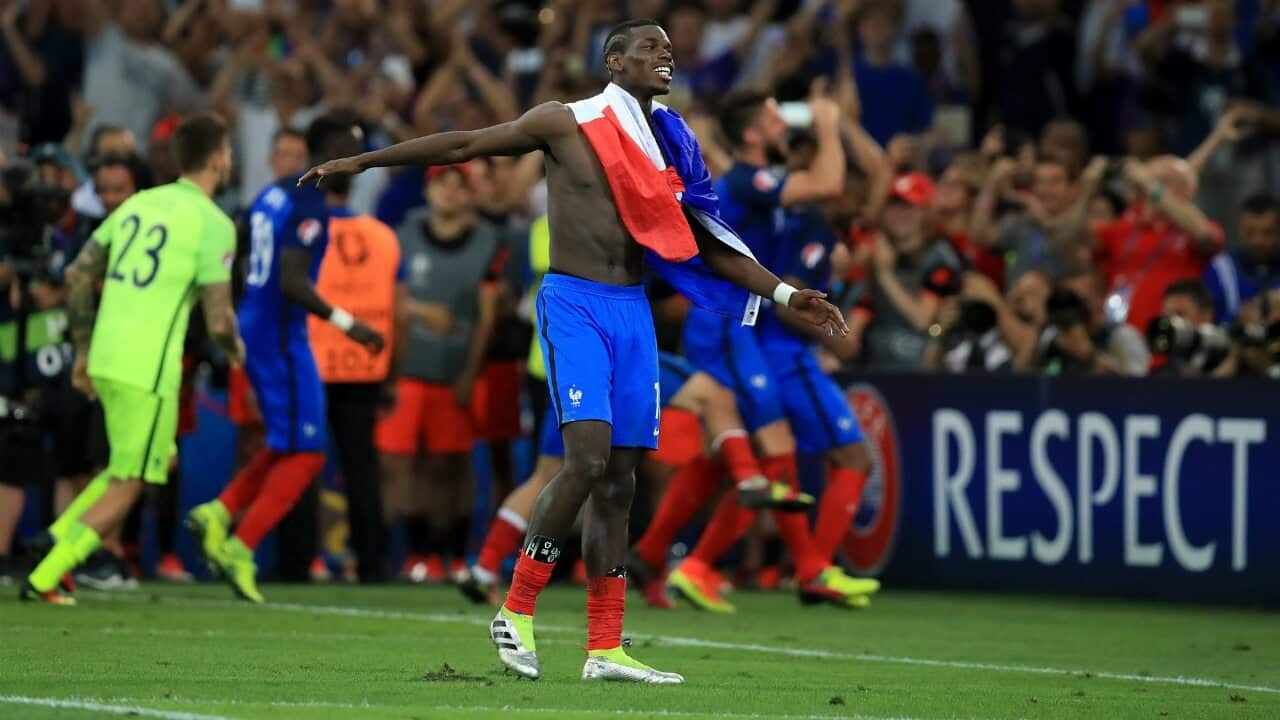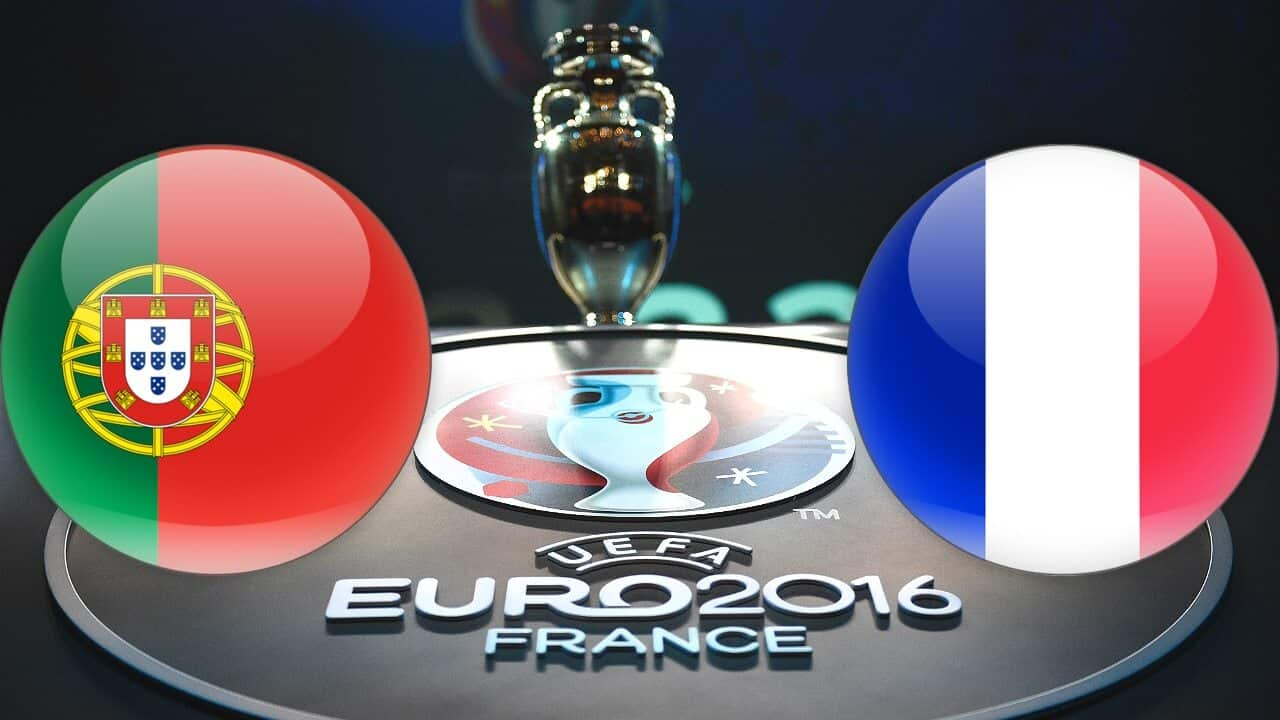Most European nations have a dominant faith - be it Catholicism, Protestantism, Orthodox or Islam.
But France is quite different. Its overriding faith is not a religion but an idea: La République. Its symbol? Le Tricolore. The belief? Liberté, égalité, fraternité. And the end result? Laïcité - absolute secularism.
Their society is operates according to a different set of values to the rest of Europe, with their extraordinary history blending periods of dominance and subjugation, unity and fracture. But this past 18 months has been like no other.
On January 7 last year, 11 innocent people were killed in the Charlie Hebdo shootings, with a further five dying in the Porte de Vincennes siege two days later. August’s train attack in Thalys saw catastrophe averted, but it was followed by the shocking November massacre, with 130 dying in Paris.
It is only by remembering each tragic event that we can gain a true context for these European Championships. Because football is just that - football.
But in the nation’s darkest hour, like Iraq in 2007 and Argentina in 1986, the flicker of light is coming from its football team.
They have won their way through to the final of these EUROs and will face Portugal on Monday morning (AEST). The final will be held at the Stade de France, the scene of one of those attacks eight months ago.
It was Germany who they played that night, so even the most ardent German fan will be hard-pressed to begrudge the French their 2-0 semi-final victory on Thursday morning in Marseille.
Judging by the reaction on the streets of Paris, where the party will be raging for days on end, the football team is helping heal some very deep wounds, ones that may take years to close up.
But, finally, a nation in mourning is allowed to live its motto. And regardless of the result this weekend, it is a celebration France must be allowed to have.
The marvellous thing about international football is that it reveals a nation’s true character, warts and all, for the whole world to see. Especially during a major tournament.
France’s past 30 years have mirrored the nation. There have been unbelievable highs, yet some catastrophic lows.
We are witnessing one of those highs right now on home soil - undoubtedly the place where they find the boost they need.
The support they get at home is without reservation: this is a national team that taps into France’s deep sense of nationalist pride. They hosted both the 1984 EUROs and the 1998 World Cup and, incredibly, and won them both.
The legend of Michel Platini was born at the first one, then Zinedine Zidane put his stamp on the next. Now it feels that Antoine Griezmann is doing the same here. With Didier Deschamps - the 1998 captain - at the helm, sentiment couldn’t be higher.
The football team is also living proof that France can make peace with its own domestic issues, most notably multicultural integration.
As the nation openly questions the influence of Islam, and still sports a ban of the niqab, five Muslims - Bacary Sagna, Adil Rami, Paul Labile, N’Golo Kante, Moussa Sissoko and Paul Pogba - are proudly representing the national team as Ramadan draws to a close.
Right now, their role in creating positive change cannot be underplayed. They reflect a growing portion of French society and one that isn’t going anywhere. It is the ideal antidote to far-right parties and their xenophobic demands.
Football shouldn’t always be political, nor made out to be bigger than what it actually is - just a game. But occasionally, our sport reaches something more profound, and more important than what happens between the white lines.
Right now, that is happening in France. And as the French people rise to applaud the strength and resilience of their own team, we should be moved to applaud the same qualities of the people themselves.
Allez les bleus.



